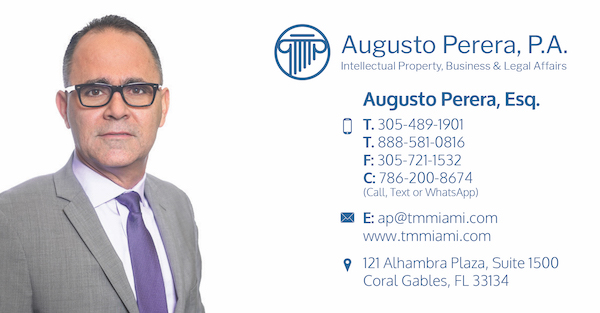In the U.S. “courts have recognized a basic limitation on the right of a trademark owner under the Lanham Act to control the distribution of its own products.” See Prestonettes, Inc. v. Coty, 264 U.S. 359, 44 S.Ct. 350, 68 L.Ed. 731 (1924), courts have consistently held that, with certain well-defined exceptions, the right of a producer to control distribution of its trademarked product does not extend beyond the first sale of the product. “Resale by the first purchaser of the original article under the producer’s trademark is neither trademark infringement nor unfair competition.” Sebastian Intern. v. Longs Drug Stores, 53 F.3d 1073, 1074-75 (9th Cir. 1995).
Under this doctrine, a purchaser may “stock, display, and resell a producer’s product under the producer’s trademark” without infringing on the producer’s trademark. Id at 1076. The “first sale” rule preserves an area for competition by limiting the producer’s power to control the resale of its product.” Sebastian Intern. v. Longs Drug Stores, 53 F.3d 1073, 1075 (9th Cir. 1995).
There are two exceptions to this general rule. This doctrine will not apply though when the reseller sells trademarked goods that are materially different than those sold by the trademark owner and when an unauthorized seller is reselling trademarked products that are outside of the trademark owner’s quality controls.
For the first exception to apply the product must be exactly the same as the original product in the same manufacturer’s conditions. Also, benefits accompanying original products like a warranty, money-back guarantee, access to promotions, quality control or returns standards are also required.
For the second exception to apply the trademark owner must show that: a) it has established quality control procedures that are legitimate such as: screening potential retailers; monitoring authorized sellers and prevent anonymous online sales; b) it observes said procedures, and c) show that, since the unauthorized seller is not in compliance of said procedures and sales materially different products, it will harm the value of the trademark and create a consumer confusion.
In conclusion, although this doctrine limits a trademark owner’s rights over the resale of their products, it does not allow third party resellers from selling something that is not authorized and identical to the original products.
Unauthorized use of your trademark can cost your business a lot of money. I have helped countless small to medium sized businesses navigate the intricacies of the first sale doctrine to prevent the unauthorized sale of your trademarked products. I’d like to help you too by protecting your rights to trademarks, copyrights, and other intellectual property rights in the US and overseas before someone else does.

